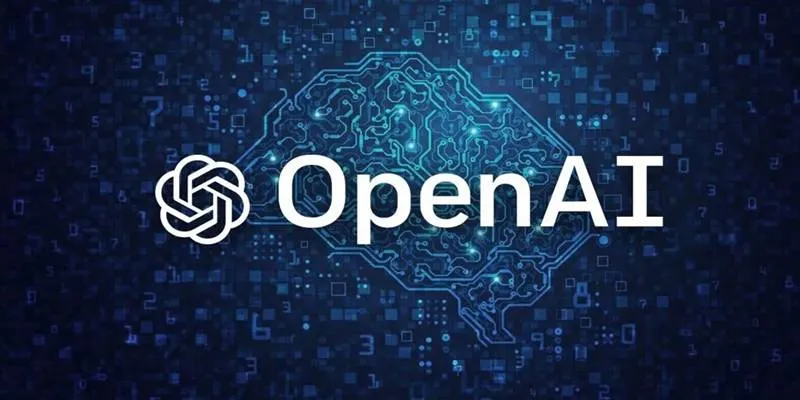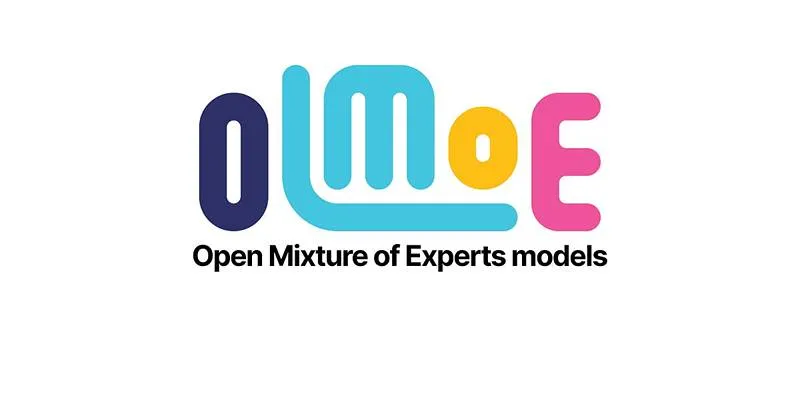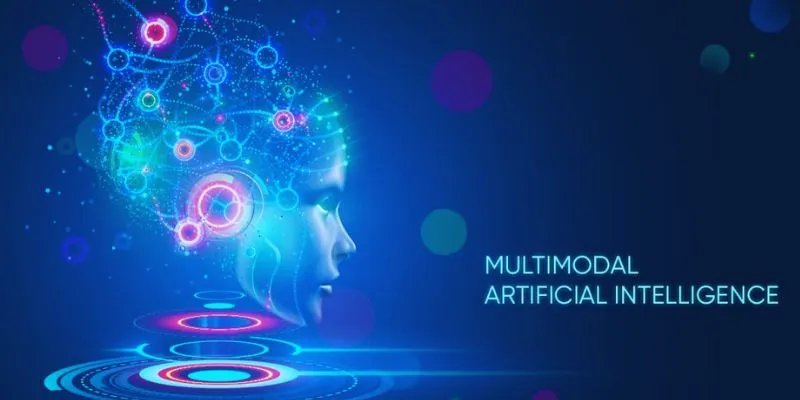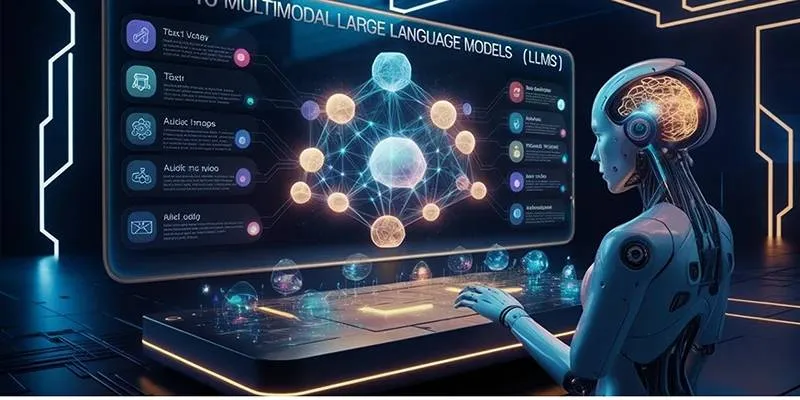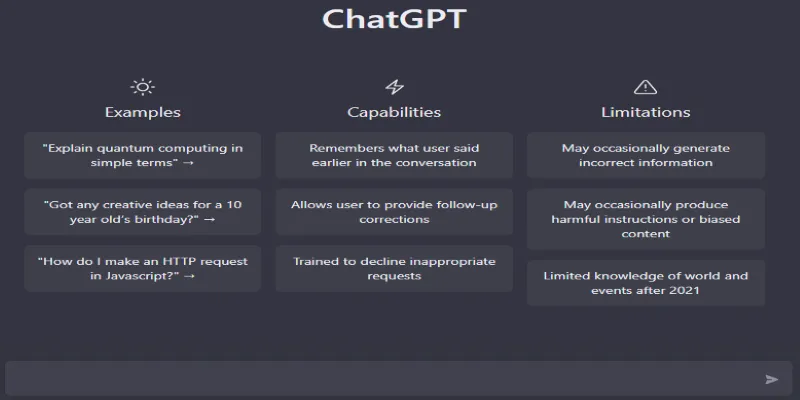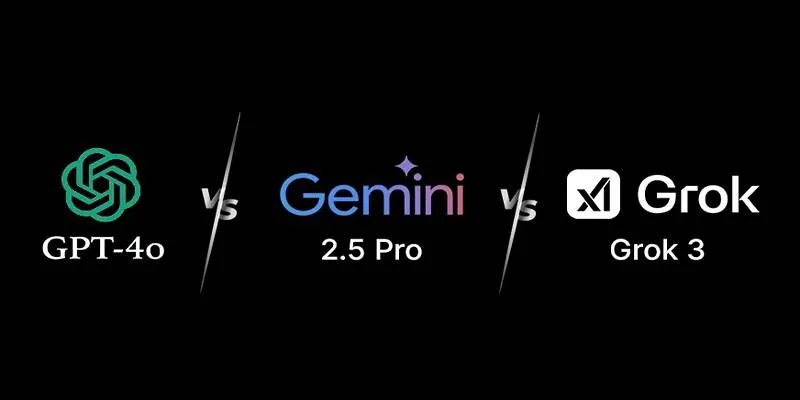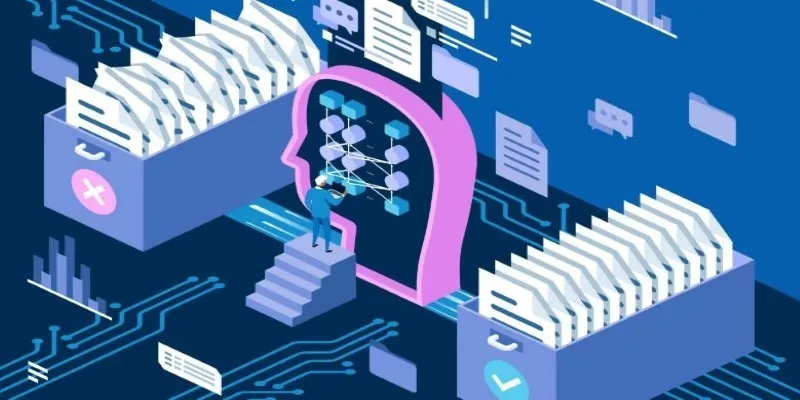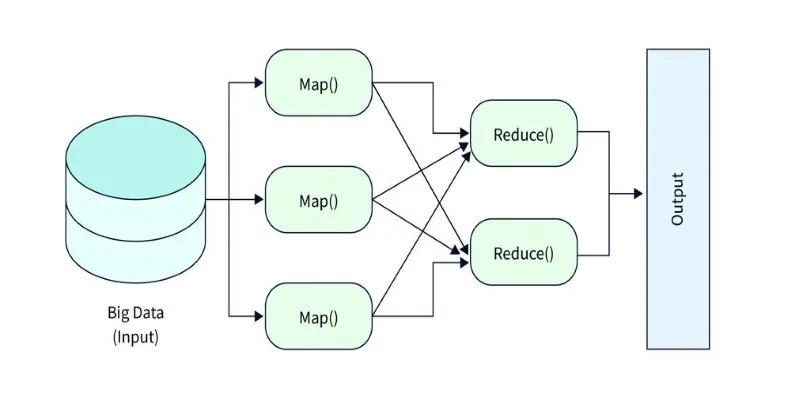Artificial Intelligence is transforming how we write, think, and now—how we code. OpenAI Codex, the groundbreaking AI model behind GitHub Copilot, is revolutionizing software development by translating natural language into functional code. Whether you’re a developer, a small business owner, or simply curious about AI-powered tools, Codex offers unmatched efficiency and flexibility.
It not only accelerates development but also empowers non-programmers to build smart solutions without deep coding knowledge. In this article, we’ll explore the core features, key benefits, and practical use cases of OpenAI Codex. Ready to explore smarter, faster coding? Let’s discover how Codex is changing the future of programming.
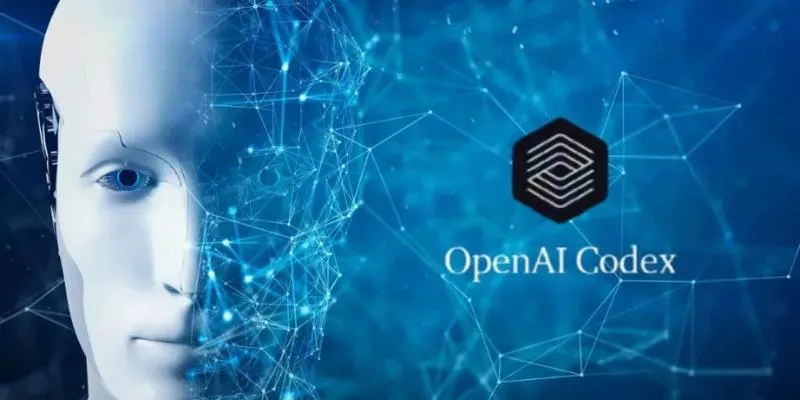
Understanding OpenAI Codex
OpenAI Codex is an advanced AI system built on GPT-3.5 and GPT-4 that translates natural language into code. It understands over a dozen programming languages, including Python, JavaScript, Ruby, and Go. More than just a code generator, Codex can explain code snippets, complete functions, and help debug errors, making it an intelligent assistant for both seasoned developers and beginners.
Examples of OpenAI Codex
- You can type “create a login form in HTML,” and Codex instantly provides a complete HTML form.
- Ask it to “sort a list in Python,” and it returns the proper syntax and explanation.
- Instruct it to “build a simple calculator app,” and it outputs the complete JavaScript and HTML code.
Core Features of OpenAI Codex
Multilingual Support
Codex understands and writes in languages like Python, JavaScript, Java, PHP, C++, and more. This makes it flexible for a wide range of development environments and projects, from data science to mobile apps.
Natural Language Understanding
You don’t need to be a programmer to use Codex. Describe tasks in plain English—like “build a to-do list in React”—and it generates the corresponding code, complete with structure and styling.
Context-Aware Suggestions
Codex analyzes the surrounding code and provides intelligent, context-specific completions. For instance, it can suggest the next line in a function based on the variables and logic you’ve already written.
Code Explanation
When you’re unsure what a snippet does, Codex can explain it in simple terms. For example, it can break down a recursive function or a complex loop for easier understanding.
Rapid Prototyping
Codex enables quick testing of ideas by generating base code structures. For example, you can build a prototype website layout in under five minutes with minimal prompts.

Benefits of OpenAI Codex
Here are the major benefits of using OpenAI Codex in your workflow.
- Increased Productivity: Developers can avoid repetitive coding tasks, allowing more time for logic and design. Codex speeds up the process by completing boilerplate sections or generating templates.
- Faster Learning Curve: New developers benefit from real-time examples and explanations. This accelerates the understanding of languages, syntax, and best practices through live applications.
- Reduced Errors: By offering accurate syntax and logic suggestions, Codex helps reduce coding mistakes. It acts as a second pair of eyes for reviewing and correcting errors before they become issues.
- Accessibility: Non-technical users can create simple tools or automate tasks by typing what they want in plain language. This opens doors for marketers, managers, and entrepreneurs to build tech solutions.
- Enhanced Collaboration: Teams using Codex can more easily understand each other’s code, facilitating seamless collaboration. The AI assistant supports documentation, consistent formatting, and even automatic commenting for clarity.
Use Cases of OpenAI Codex
Explore real-world examples to see Codex in action across various industries.
- Automating Repetitive Tasks: Codex can generate scripts for tasks like renaming files, cleaning data, or converting file formats. For instance, a Python script to batch rename photos can be created in seconds.
- Building Web Applications: Developers can create frontend layouts and backend logic with minimal effort. Codex can write HTML forms, connect them to a backend using Node.js or Flask, and include form validation.
- Creating Chatbots and APIs: Codex can generate code for chatbots using platforms like Telegram or Slack. It can also build RESTful APIs in Express.js or Django for customer support or internal tools.
- Educational Platforms: Teachers and learners can use Codex to explain sorting algorithms, create coding exercises, and debug assignments. It makes learning interactive and error-free.

- Small Business Automation: From automating invoice generation in Excel to writing CRM data-entry scripts, Codex enables small business owners to streamline manual processes efficiently.
OpenAI Codex for Small Businesses
For small business owners, Codex is like hiring a developer without the overhead. It enables the creation of internal tools, automation scripts, and customer-facing apps without the need to outsource development. Whether you want to automate scheduling, process orders, or integrate APIs, Codex makes it simple and efficient.
Some Common Applications
- Automating accounting workflows such as balance sheets and payroll generation.
- Building a product catalog website using HTML, CSS, and backend integration.
- Customizing Shopify or WooCommerce with plugins and custom scripts.
- Writing macros for Excel to automate inventory tracking and order summaries.
With its affordability and ease of use, Codex empowers entrepreneurs to innovate faster.
Industry Insights and Adoption
Major companies, such as Microsoft (which owns GitHub), Notion, and Salesforce, are already adopting AI code generation in their workflows. Educational institutions utilize Codex to teach programming, while startups leverage it to build Minimum Viable Products (MVPs) in record time.
The increasing reliance on AI tools signals a shift toward human-AI collaboration in software development. Surveys show developers using tools like Copilot report faster development cycles and fewer bugs. Businesses that leverage Codex see faster turnaround times and greater innovation with smaller teams.
Limitations to Consider
While powerful, Codex isn’t flawless:
- It may suggest insecure or inefficient code if not monitored carefully.
- It requires human oversight to verify logic and accuracy.
- Licensing, copyright issues, and data privacy must be considered in regulated environments.
Despite these, Codex continues to improve rapidly with each update.
Conclusion
OpenAI Codex is more than just a coding assistant—it’s a leap toward intelligent, accessible, and collaborative programming. From writing functions in seconds to helping small businesses automate tasks, Codex is redefining what’s possible in the world of software development. Its ability to bridge the gap between human language and machine code makes it an invaluable tool across industries.
Whether you’re building your first app or streamlining enterprise-level workflows, OpenAI Codex can help you do more with less effort. Don’t miss the chance to elevate your development game. Explore OpenAI Codex today and see how it can turn your ideas into working code—faster and smarter.
 zfn9
zfn9
